
Supermarkets have been the worst retail vertical hit by shelf gaps as supply chain disruption sees shoppers faced with poor stock availability at the shelf edge in the run-up to Christmas, the latest research from Pricer, the world’s most reliable provider of ESLs (Electronic Shelf Labels), reveals.
Original research of over 2,000 UK shoppers in Pricer’s latest report showed that six in ten (61 per cent) are currently reporting in-store shelf gaps in supermarkets, with the issue of out-of-stocks also extending to grocers’ digital shelves and eCommerce inventory availability also impacted; 43 per cent of UK shoppers reported noticing a growing number of missing items from their online grocery orders.
DIY and Homeware retail was also being hit by ongoing supply chain issues, with 49 per cent of shoppers currently experiencing out of stocks in-store, while 40 per cent said finding the DIY products they needed online was increasingly difficult. Almost half (47 per cent) of UK shoppers are also experiencing shelf gaps when buying electricals, with Currys, one of the UK’s leading electronics retailers, warning of shortages due to supply chain strains.
Over a third of consumers were hit by goods shortages in November according to the ONS, with 36 per cent of adults experiencing out-of-stocks, with Brexit and the covid-19 supply chain pressures blamed for low stock availability. M&S recently warned it faces shelf gaps until spring, while Joules said it expected stock delays in the run up to Christmas. Meanwhile, stock availability is also facing disruption by other market dynamics; Tesco shoppers, for example, are being warned they could face empty shelves over the Christmas period, as warehouse staff are set to walk out on strike action over a pay dispute on 20 December.
Despite warnings of low stock availability ahead of Christmas, over two thirds (67 per cent) of UK shoppers still expect the products they need to be on the shelf when they come into store, Pricer’s research showed, with 55 per cent saying regular shelf gaps would negatively impact their long term loyalty with a brand or retailer.
Duncan Potter, CMO at Pricer, commented: “Retailers are doing all they can to deal with shortages. Some have sought to take control of their own supply chain, bypassing many of the intermediaries and buying capacity direct; others are acquiring their own logistics capabilities; and some are staggering delivery options in a bid to smooth out supply chain bumps. While there is no end to the ingenuity retailers have employed to ensure that goods are available ahead of Christmas, ingenuity at the back-end is not always followed up at the front-end, on the shelf; even companies with full inventories are not always getting them onto the shelf, leading to gaps.”
“By digitalising the shelf-edge, retailers can act on advanced forecasting decisions to dynamically manage prices at the shelf edge, respond immediately to gaps, assort and promote against true demand to raise sales and reduce waste, pick more rapidly for online orders to avoid interrupting the customer and also to avoid cannibalising stock,” he added.
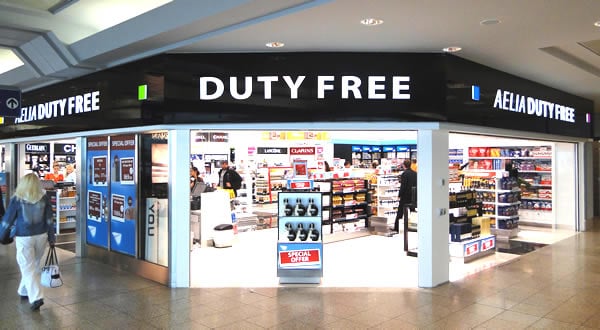

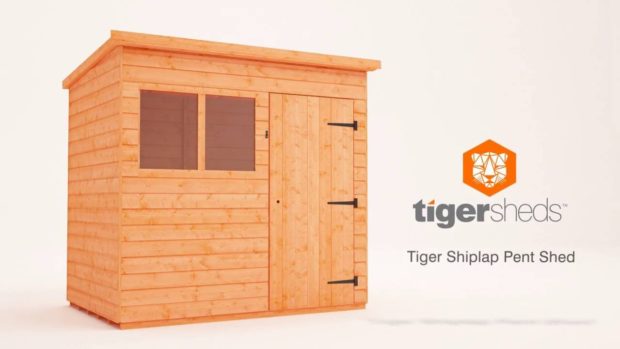
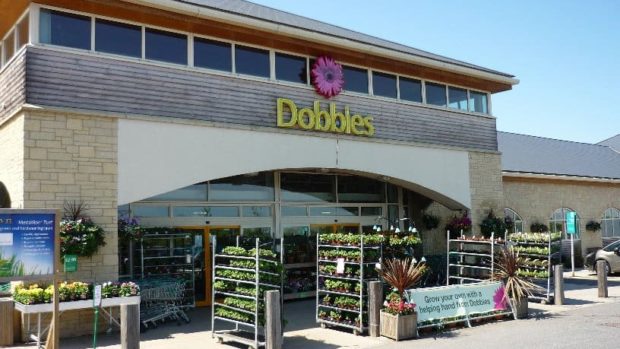

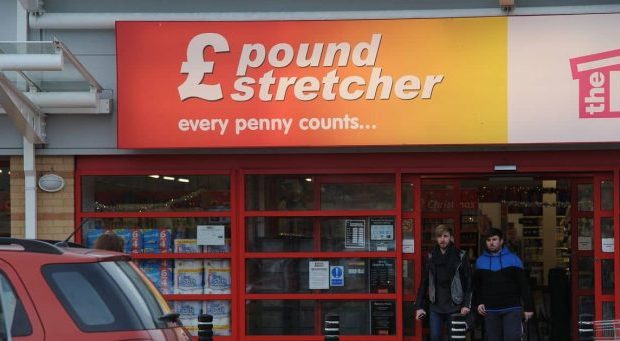

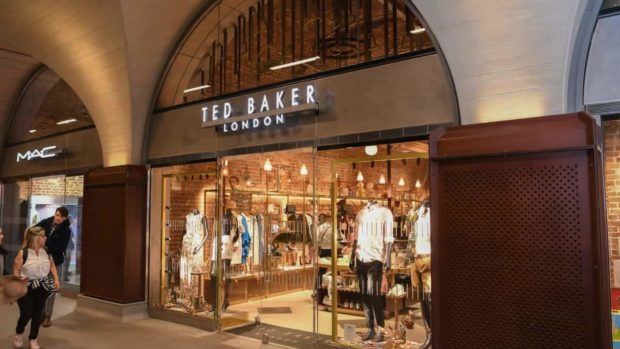
Share